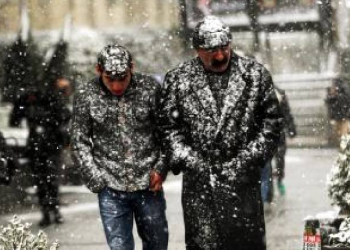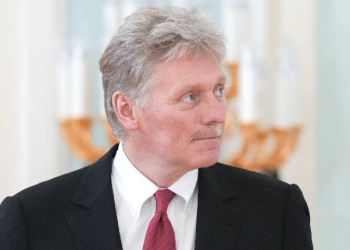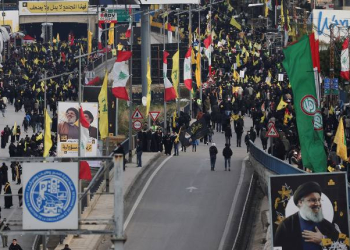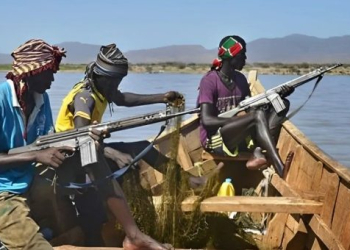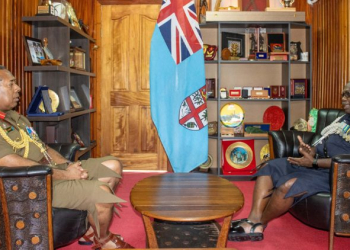Colombo: Following Friday’s island-wide trade union strike bringing Sri Lanka to a complete halt and ahead of planned continuous “hartal” (strike) from May 11 against the government, President Gotabaya Rajapaksa declared state of emergency from Friday midnight.
Emergency law gives sweeping powers to military to crackdown on protests and make arrests without court warrants.
President Rajapaksa declared state of emergency on the powers vested on him under the Public Security Ordinance.
“I am of opinion that by reason of a public emergency in Sri Lanka, it is expedient, so to do, in the interests of public security, the protection of public order and the maintenance of supplies and services essential to the life of the community,” he stated in the gazette notification on imposing of emergency regulation.
On Friday, hartal declared by trade unions demanding the President resign brought the country to a complete standstill. The trade union leaders threatened if Rajapaksa does not resign by May 11, they would resort to a continuous trade union action, halting the country by blocking transport, electricity, fuel and food supplies.
On April 1, Rajapaksa declared state of emergency, a day after hundreds of protestors tried to storm his private residence over unprecedented economic crisis. However, he withdrew the decision in fear of losing an attempt to extend it by a vote in the parliament.
People have taken to streets with severe economic crisis with no food, fuel, cooking gas and medicines and more than seven hour daily power cuts are scheduled with no fuel to run the power stations.
(IANS)




